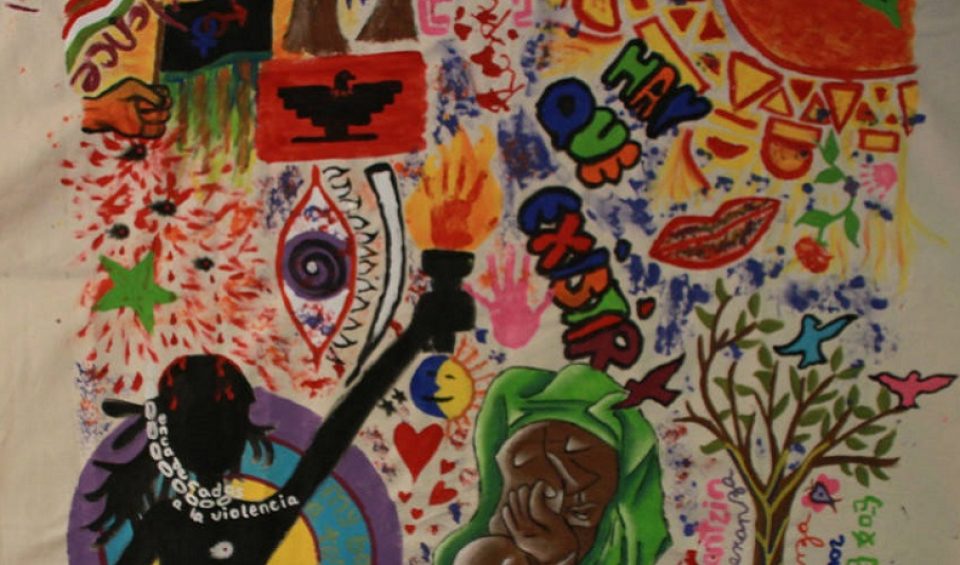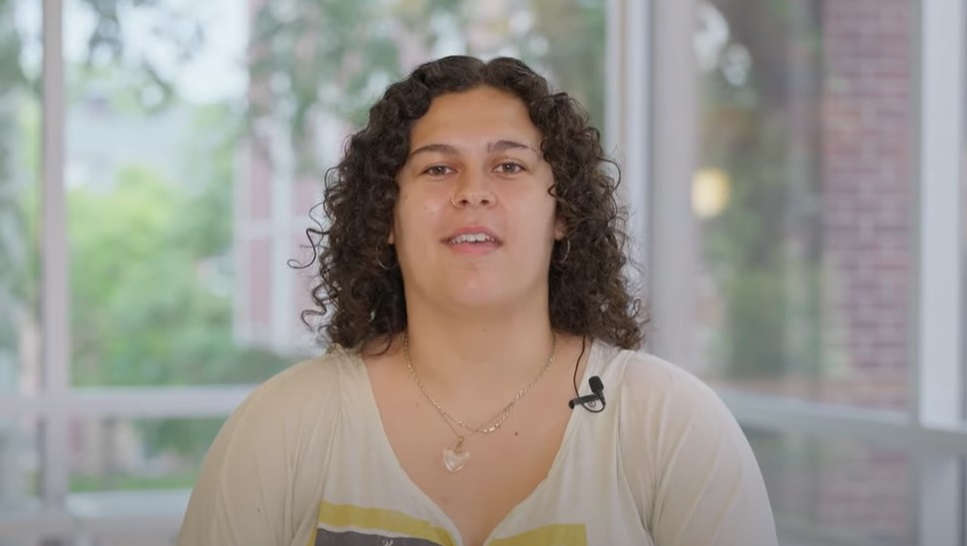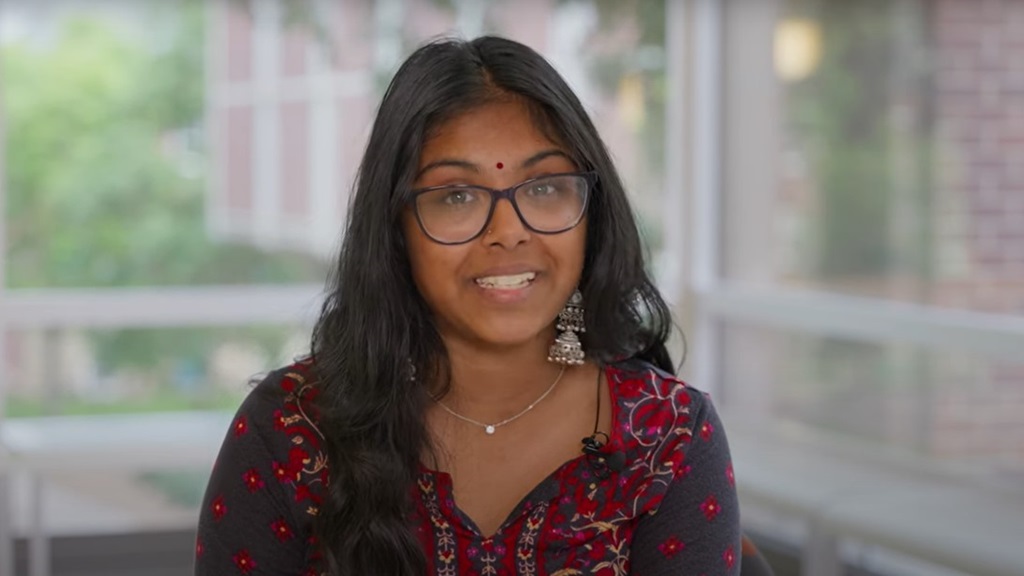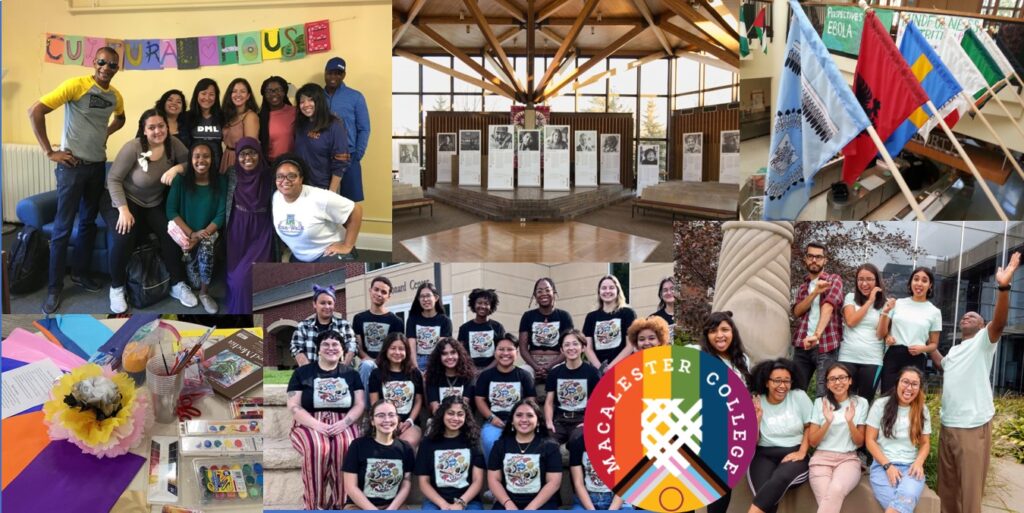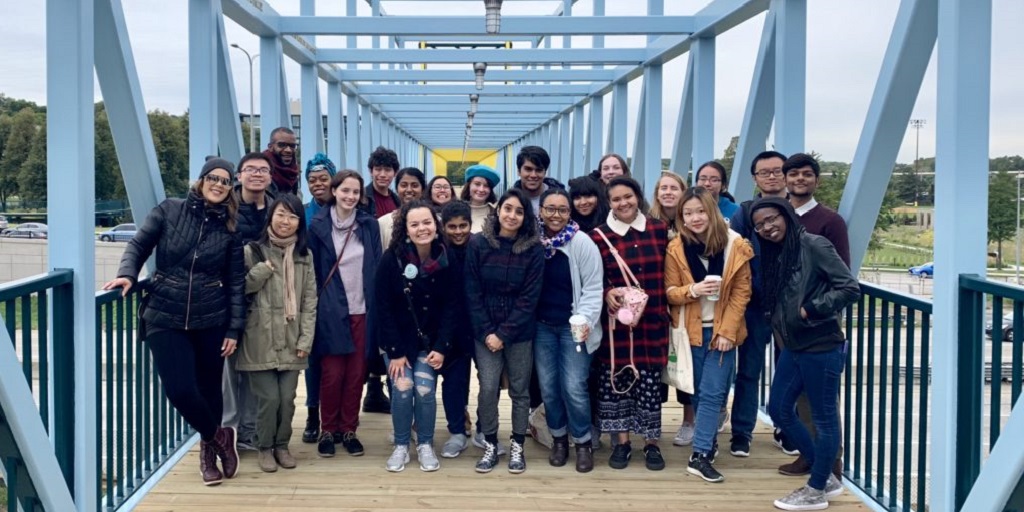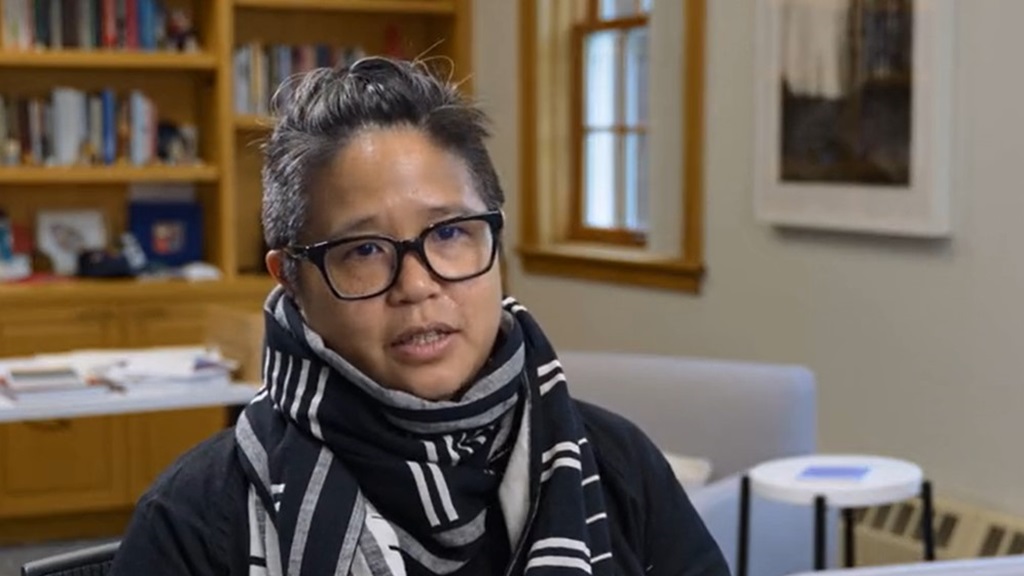
Commitment to Diversity and Inclusion
Dr. Alina Wong serves as Macalester’s Vice President for Diversity, Equity, and Inclusion. She recognizes students as leaders in the efforts to make Macalester and our local and global communities equitable for all.
